Adding to evidence that a recovery of Apple's iPhone sales is months off, Chinese smartphone shipments fell over 20 percent year-over-year in February, according to a government-backed research institute.
Shipments were down to 13.8 million, said the China Academy of Information and Communications Technology in data seen by CNBC. While February is often a weak time for the country's smartphone market because of the Chinese New Year holiday — and the launch of new phones at Mobile World Congress, towards the end of the month — February 2019 was reportedly the worst month for Chinese shipments since 2013.
An IDC analyst, Xi Wang, suggested that the figures can be blamed on a combination of an economic slowdown, a saturated marketplace, and built-up inventory at retailers. Phone makers are known to sometimes ship large numbers of phones to retailers in January.
A Mirabaud Securities analyst, Neil Campling, added that the smartphone market may also be suffering from "a lack of revolution," with high prices for evolutionary hardware when what many people have does the job.
"People aren't waiting for the next releases — they are tired of the options," he argued. "We are waiting for the next big thing — but there are no clear signs yet of what that could be."
It's not clear to what extent the iPhone was hit by February's sag, but Counterpoint Research analyst Neil Shah suggested that "Apple and Xiaomi continue to be the biggest losers," while local brands Huawei, Vivo, and Oppo are picking up more sales.
"The China market has become a zero sum game with replacement rates becoming slower in the premium end of the market and most folks are not upgrading their expensive and durable smartphones," he continued. "Most of the growth is coming from mid-tier of the market where Huawei's Honor brand, Nova series, and Oppo's A series is doing quite well and affecting Xiaomi."
Apple's iPhone sales plummeted 15 percent in the December quarter, leading to lower-than-anticipated revenue of $84.3 billion. This was blamed primarily on the Chinese market, where competition from lower-cost local brands overlapped with Apple once again hiking iPhone prices.
The company has tried a variety of pricing tactics to revive iPhone sales, but these appear to be lessening the damage rather than turning things around. Some analysts have predicted that Apple won't see a true recovery in iPhone demand until 2019 models launch this fall.
On Tuesday, separate research by Longbow and JP Morgan indicated that Apple's supply chain is reflecting weak iPhone demand with poor performance. Longbow added that people are even searching for iPhones less often on the Web, in fact 47 percent less on China's Baidu.
 Roger Fingas
Roger Fingas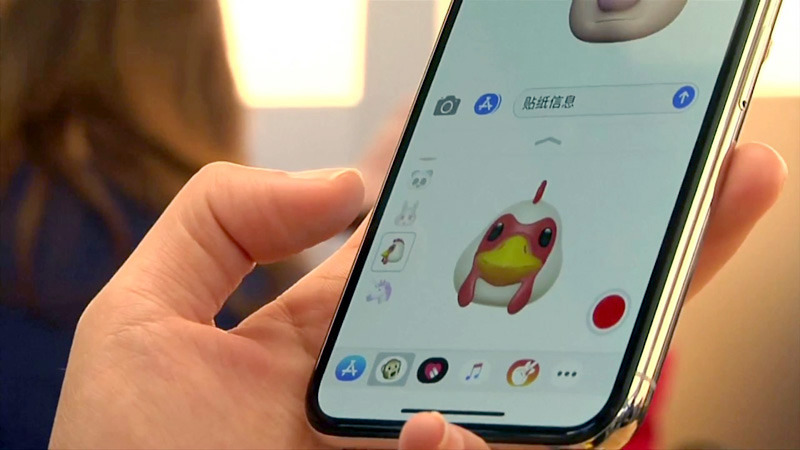
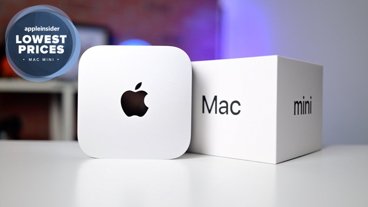
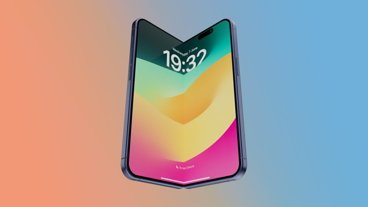
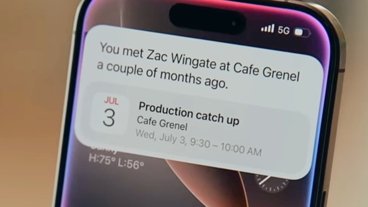

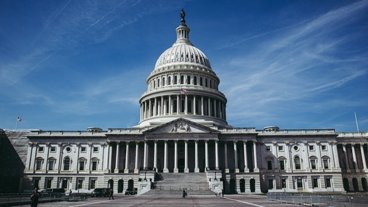


-m.jpg)






 Malcolm Owen
Malcolm Owen
 William Gallagher
William Gallagher

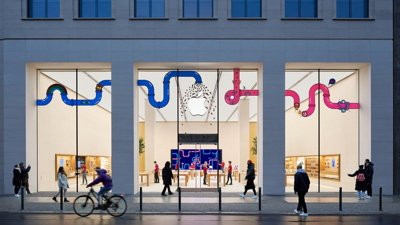
 Mike Wuerthele
Mike Wuerthele

 Chip Loder
Chip Loder
 Wesley Hilliard
Wesley Hilliard









10 Comments
With iPhones being of such quality and longevity I'm not sure why the 2019 release would turn things around. What new feature will these have that the Xs/Xr series don't that will drive sales back up? Hard to imagine much behind new processor and maybe slightly better camera.
With iPhones being of such quality and longevity I'm not sure why the 2019 release would turn things around. What new feature will these have that the Xs/Xr series don't that will drive sales back up? Hard to imagine much behind new processor and maybe slightly better camera.
To put things in context, just one year ago from the South China Morning Post; "Apple’s China sales grow for second straight quarter on strong iPhone demand...Mainland Chinese consumers had accounted for about a third of all iPhone users globally, according to research firm Newzoo. It estimated the mainland had 243 million iPhone users as of July last year, which made up 33 per cent of the worldwide total of 728 million in that period."
So to expect infinite massive growth is irrational and I'm guessing any company not named Apple would be feted for such sales numbers even half that.
Can we start using the term "beleaguered" again? (lol)
So, I guess the fact that the US in a trade war with China that has damaged their economy has nothing to do with this slowdown. Also, the fact that anti-American sentiment increases at the same time because of it and Chinese consumers choose Chinese companies more as a result should also be completely ignored.
The timing and Tim Cook’s hope this war is resolved quickly should be a hint. Apple was firing on all cylinders at the beginning of the holiday quarter which is when the tarriffs kicked in. Suddenly Apple was in a position where China was such a drag on the results they had to make a public adjustment to the expectations. When was the last time that happened. If they were not affected in this way by a global slowdown, and sales of the new phones were booming the previous quarter, it’s clear there was a drastic change in the environment in China that just happened to coincide with tariffs imposed by the US